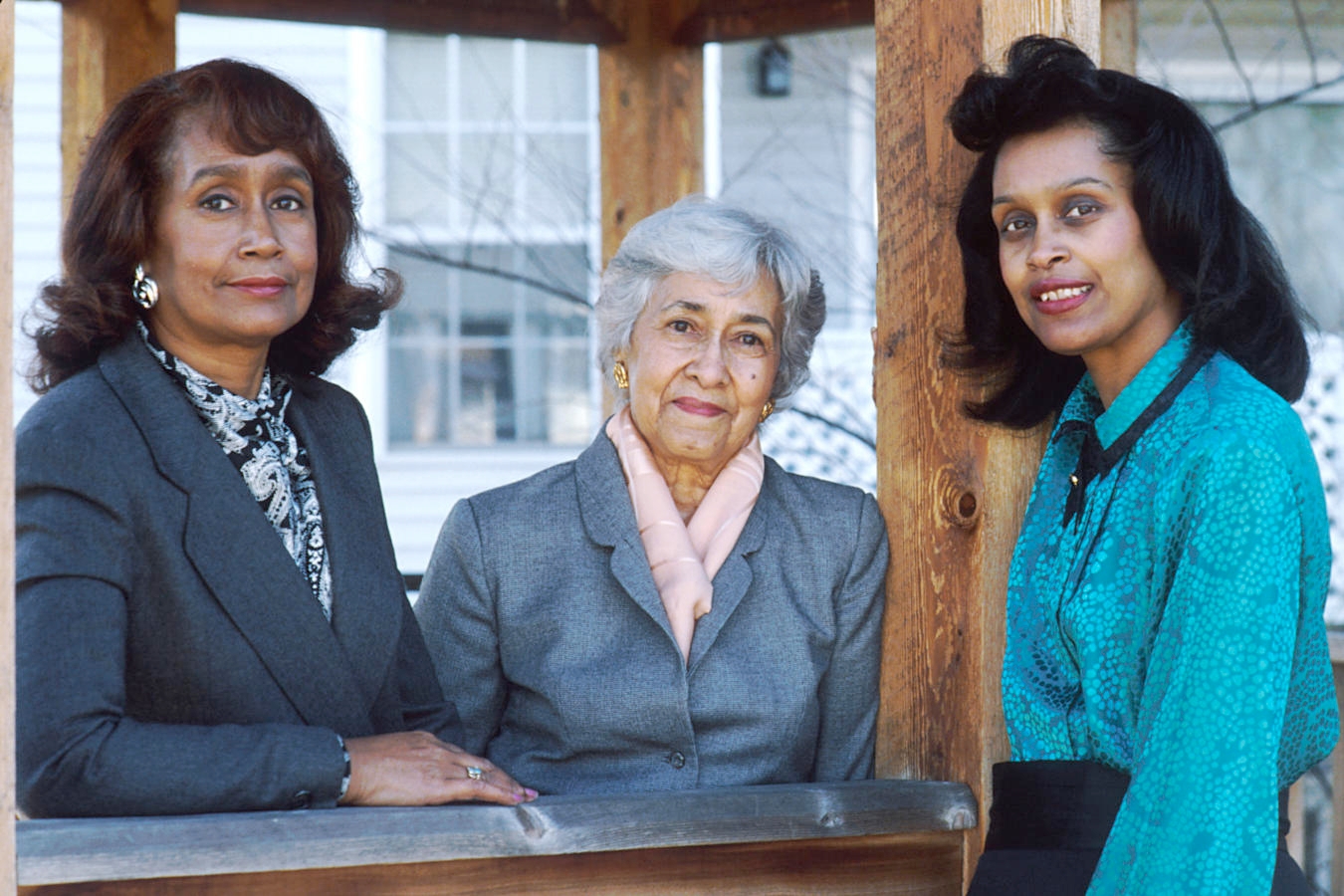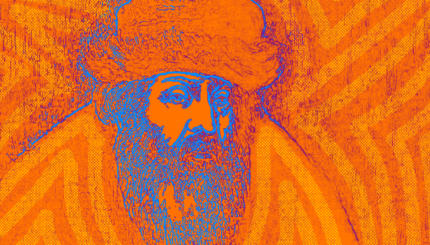It’s been said many times – but is still true- that our society reveres the young and the beautiful, and fears age. It’s not surprising that we fear age – age and decrepitude are the end for all of us, leading to death. It isn’t crazy to fear the shrinkage of power and potential helplessness that so many of us experience at the ends of our lives.
And nothing in the Torah contradicts the rationality of that fear. Nevertheless, this week when we read the double portion of Acharei Mot-Kedoshim, it instructs us, “You shall rise up before the hoary head, and honor the face of the old, and you shall fear your God: I am the Lord. (Lev. 19:32).”
Although the Jewish tradition sometimes understands this verse as a commentary on the wisdom of Torah scholars (some sages explain that the words seivah – “hoary head” and zaken “old person” refer specifically to Torah scholars and wise old people) regardless of age, the Talmud itself seems to reject this view. It goes out of its way to note (BT Kiddushin 33a) that Rabbi Yoḥanan would stand before Aramean (that is to say, non-Jewish) elders and would say, “How many experiences have occurred to these individuals. It is appropriate to honor them, due to the wisdom they have garnered from their long lives.” And elsewhere it elaborates even further,
“Be careful to continue to respect an elder who has forgotten his Torah knowledge due to circumstances beyond his control. Even though he is no longer a Torah scholar, he must still be respected for the Torah that he once possessed. As we say: Both the tablets of the Covenant and the broken tablets are placed in the Ark.”
In other words, we revere the aged not because they are thoroughly pickled in Torah, since people who aren’t Jewish aren’t expected to be, nor are those who have forgotten their learning any less precious to us. We respect the aged for their experiences and their wisdom, but sometimes they no longer have that – and we still love and respect them. Even when our bodies or minds no longer function as they once did, God still remembers that within them are all the love and work and knowledge that they put into the world throughout their lives. That we are here – our strength and our youth – comes from their sacrifice and their persistence and their care for us.
And God, too, remembers that love and care – that is the piece of us that God sees, whether we are old or young, whole in body and strong in mind, or even when we are born lacking those things. The spark within us is what God values. The truth is that שֶׁקֶר הַחֵן, וְהֶבֶל הַיֹּפִי (Proverbs 31:30) “Grace is a lie and beauty is fleeting.” We can try to cling to it with all our strength – but it will eventually disappear, to be followed by death. But those we love remain beautiful to us, even as they leave us because the human soul is itself the thing which is beautiful and which deserves respect.




